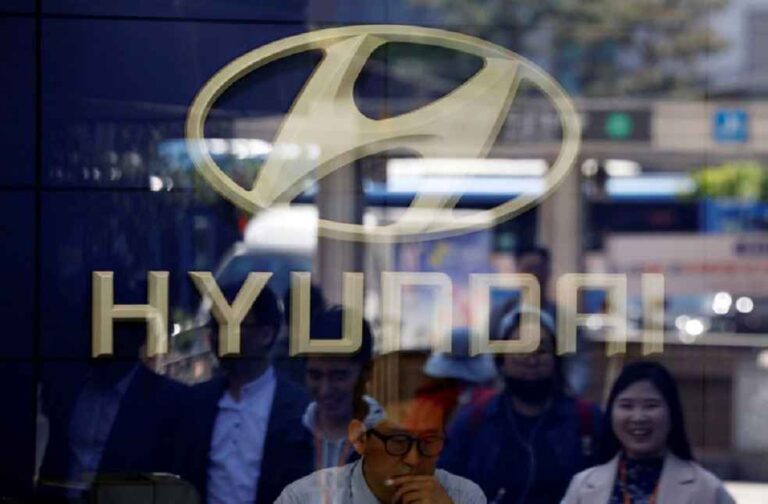Hyundai Motor has sold its Chongqing manufacturing base in China, acquiring $230 million (1.62 billion yuan). This decision marks a significant shift in the South Korean automaker’s strategy amidst a challenging sales landscape in China.
The sale, finalized this Tuesday, transfers the Chongqing facility to an entity linked with the city’s government. This step aligns with Hyundai’s intent to bolster its financial standing and streamline its Chinese operations.
Hyundai’s disengagement from the Chongqing site, operational since 2017 and a former collaboration with Beijing Automotive Group, follows an August announcement that signaled the plant’s impending sale. This facility had an annual output capacity of 300,000 vehicles.

With this transaction, Hyundai’s operational landscape in China shrinks to three factories. Initially, Hyundai’s Chinese venture encompassed five plants: three in Beijing, and one each in Chongqing and Changzhou. Notably, the company parted with its Beijing No. 1 factory in 2021.
Further contraction of Hyundai’s Chinese footprint is anticipated, with the Changzhou factory slated for sale within the year. This plant has been dormant since the previous year.
Speculation suggests the Chongqing site might see a transformation into an electric vehicle (EV) production center, as hinted by several media sources.
This strategic retreat from China by Hyundai correlates with a stark decline in sales, traceable to heightened Korea-China tensions since 2016 over the THAAD missile defense system installation.

Hyundai Motor and Kia, once robust players in the Chinese auto market, now grapple with a diminished share of merely 1.9%. Their sales trajectory in China nosedived from nearly 1.8 million vehicles in 2016 to 909,000 in 2019, bottoming out at around 339,000 vehicles in 2022.
The sale of the Chongqing plant, coupled with the upcoming Changzhou facility divestment, signals Hyundai Motor’s recalibrated approach in China. This strategic adjustment reflects the company’s response to the evolving market dynamics and its focus on maintaining operational agility amidst global economic fluctuations.
DON’T MISS | Alabama Governor Clashes with Automotive Workers Over Unionization Drive





